Introduction to Atlantis: Unveiling the Lost City
The legend of Atlantis is one of the most enduring mysteries of ancient civilization. Described by the philosopher Plato in his dialogues, Timaeus and Critias, Atlantis was portrayed as a powerful and advanced society that ultimately met a catastrophic end. This lost city, often envisioned beneath the waves of the Atlantic Ocean, has captivated scholars and adventurers for centuries, sparking imaginations and fueling speculation.
What makes Atlantis so intriguing? It represents not just a mythical location but a reflection of humanity’s quest for knowledge about our past. As we delve into the stories and theories surrounding Atlantis, we uncover not just a narrative of loss but also a glimpse into the ideals of a once-great civilization. Was it a warning about hubris? A tale cautioning against environmental neglect? These questions deepen the mystery of Atlantis and its relevance in our modern world.
In this section, we will explore the origins of Atlantis and how its story continues to resonate today. From ancient storytelling to archaeological pursuits, join us as we unveil the allure of this lost city and the lessons it offers on civilization and sustainability.
To learn more about the historical accounts, visit Stanford Encyclopedia of Philosophy.
The Origins of Atlantis: A Peek into Ancient Civilization
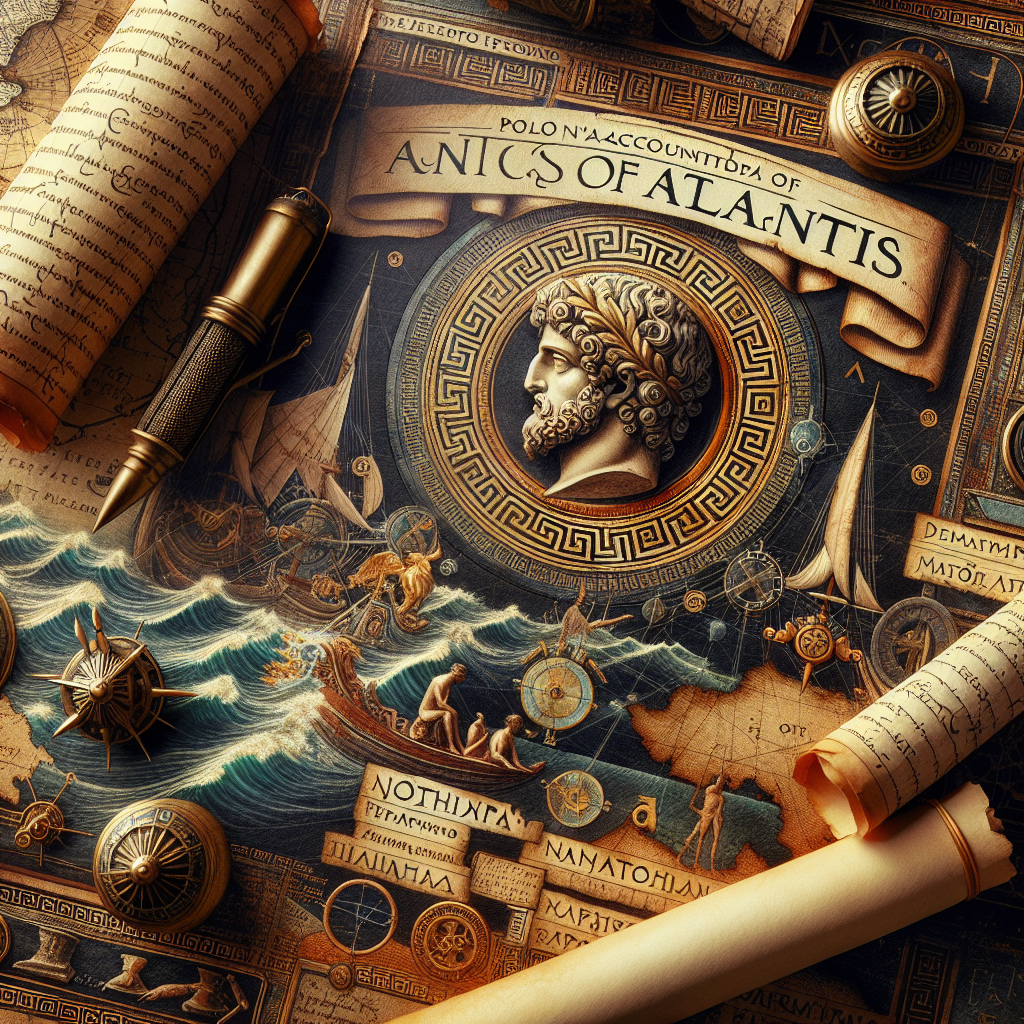
The story of Atlantis, often described as the lost city, finds its roots in ancient writings, primarily those of the philosopher Plato. In his dialogues, Timaeus and Critias, written around 360 B.C.E., Plato presents Atlantis as a powerful civilization that vanished beneath the waves in a single day and night of misfortune. This depiction ignited both fascination and skepticism about the existence of such an advanced society.
Plato’s accounts suggest that Atlantis was located beyond the “Pillars of Hercules,” which many interpret as the Strait of Gibraltar. He describes a society thriving on maritime trade, advanced technology, and a distinct social structure. The narrative complicates the history of human civilization by introducing the idea of a lost city whose fate serves as a cautionary tale about hubris and moral decay.
The Influence of Ancient Civilizations
Several ancient civilizations, such as the Minoans and the Egyptians, share similarities with Plato’s description, which fuels the debate over the existence of Atlantis. Archaeological discoveries in the Mediterranean, including the ruins of Minoan civilization, reveal advanced societies that might have inspired Plato’s narrative.
As scholars and enthusiasts delve deeper into the origins of Atlantis, the mystery of Atlantis remains an enduring symbol of lost wisdom and the quest for knowledge about our ancient past.
The Mystery of Atlantis: Legends and Theories
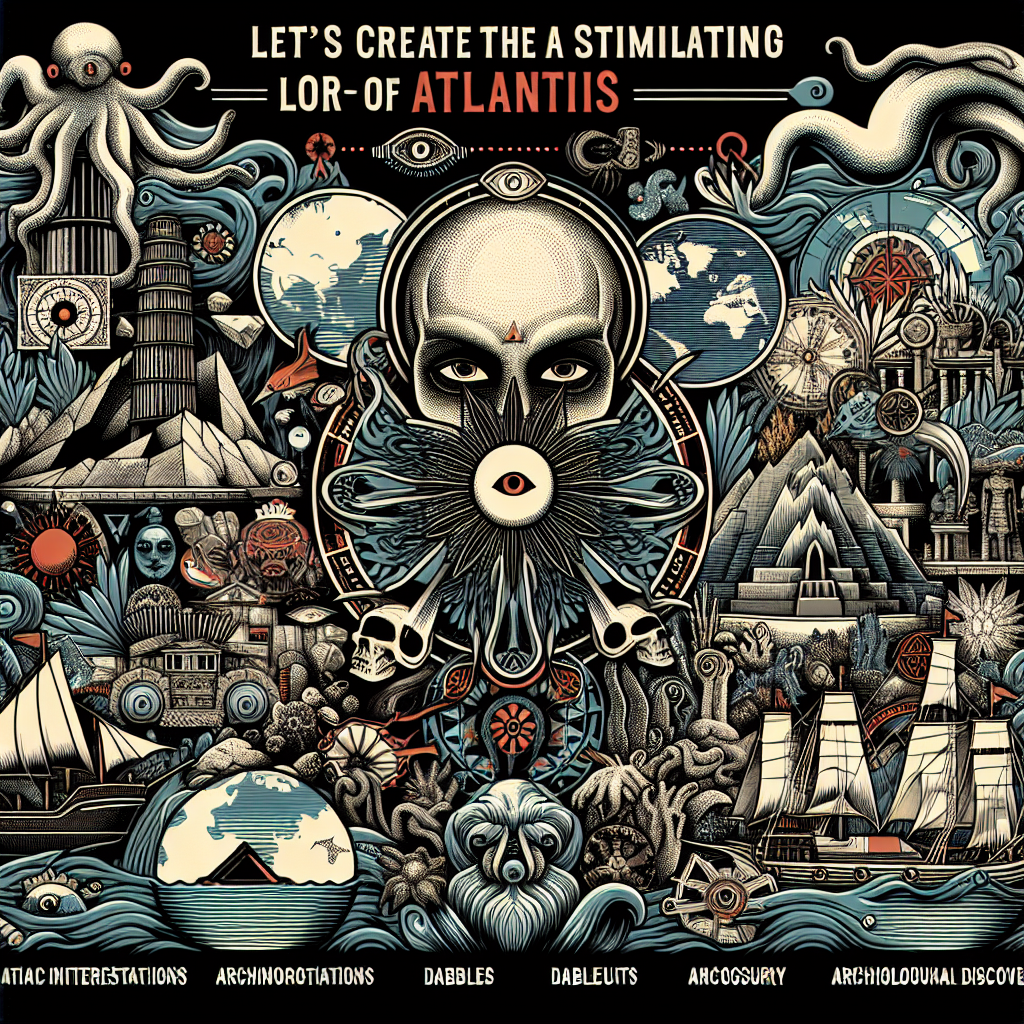
The lost city of Atlantis has captivated the imagination of countless individuals for centuries, swirling in a sea of legends and theories. Its enigmatic origins can be traced back to the dialogues of Plato, who described Atlantis as a powerful and advanced civilization that eventually sank into the ocean. This account set the stage for numerous interpretations and explorations into the mystery of Atlantis.
Various theories have emerged regarding the location and fate of this ancient civilization. Some suggest that Atlantis was situated in the Mediterranean, while others argue it was located in the Caribbean or even Antarctica. Key explorations include:
- Geological theories: Speculating on natural disasters like volcanic eruptions or tsunamis contributing to its demise.
- Underwater discoveries: Archaeological finds, such as submerged structures off the coast of Spain and near the Bahamas, that enthusiasts link to Atlantis.
- Mythological parallels: Similar tales from various cultures, such as the Sumerian and Egyptian narratives, that could shed light on Atlantis as a collective memory of ancient destruction.
As we dive into these theories, it’s essential to reflect on what Atlantis represents—a mirror of human ambition and the consequences of hubris. By studying the mystery of Atlantis, we not only explore our past but also glean insights for our present and future.
For further insights, check out History.com for a comprehensive look at Atlantis and its enduring legacy.
Searching for Evidence: Archaeology and Atlantis
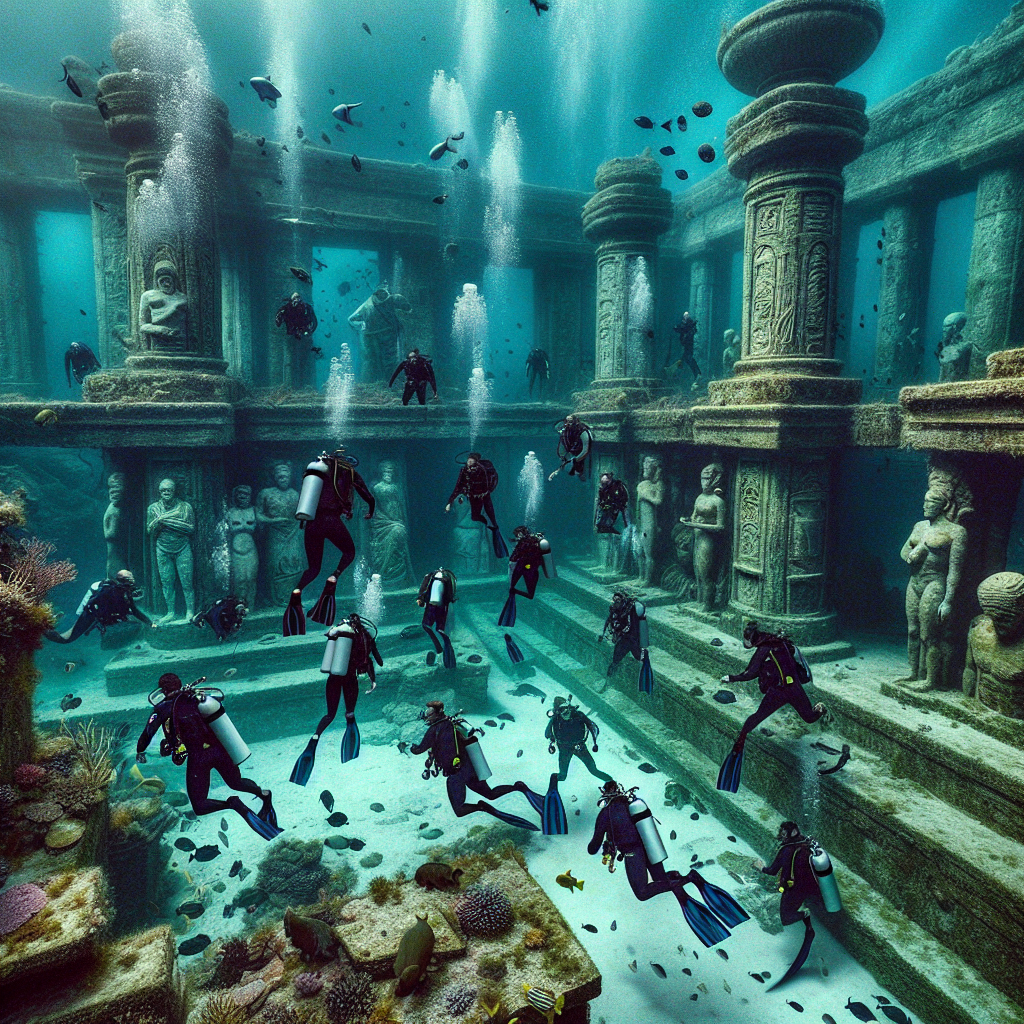
The quest to unearth the secrets of Atlantis has fascinated archaeologists and historians alike for centuries. As the legend of this lost city continues to captivate public imagination, the field of archaeology plays a crucial role in attempting to reconcile myth with fact. Various excavations and underwater explorations have yielded fascinating evidence that tantalizingly points towards an ancient civilization that could be linked to Atlantis.
One notable area of research is the exploration of the mystery of Atlantis through underwater archaeology. Sites like the Mediterranean Sea near Santorini, where the Minoan civilization once thrived, showcase ancient ruins that some think could echo aspects of Plato’s accounts of Atlantis. These explorations involve:
- Underwater Excavations: Teams of divers and researchers have discovered remnants of ancient cities submerged beneath the waves.
- Geoarchaeological Studies: By analyzing sediment layers, scientists can infer historical landforms that may provide insights into the geographical context of Atlantis.
- Bronze Age Relics: Artifacts found near supposed sites of Atlantis often reveal sophisticated designs and technologies, reflecting the advanced nature of ancient civilizations.
Despite these efforts, the connection between the archaeological findings and the legendary Atlantis remains speculative. The ongoing debate among archaeologists emphasizes the need for further evidence to definitively link any site to this elusive lost city. For more on archaeological methodologies, consider visiting Archaeology Magazine.
Scientific Perspectives: Fact or Fiction in the Atlantis Debate
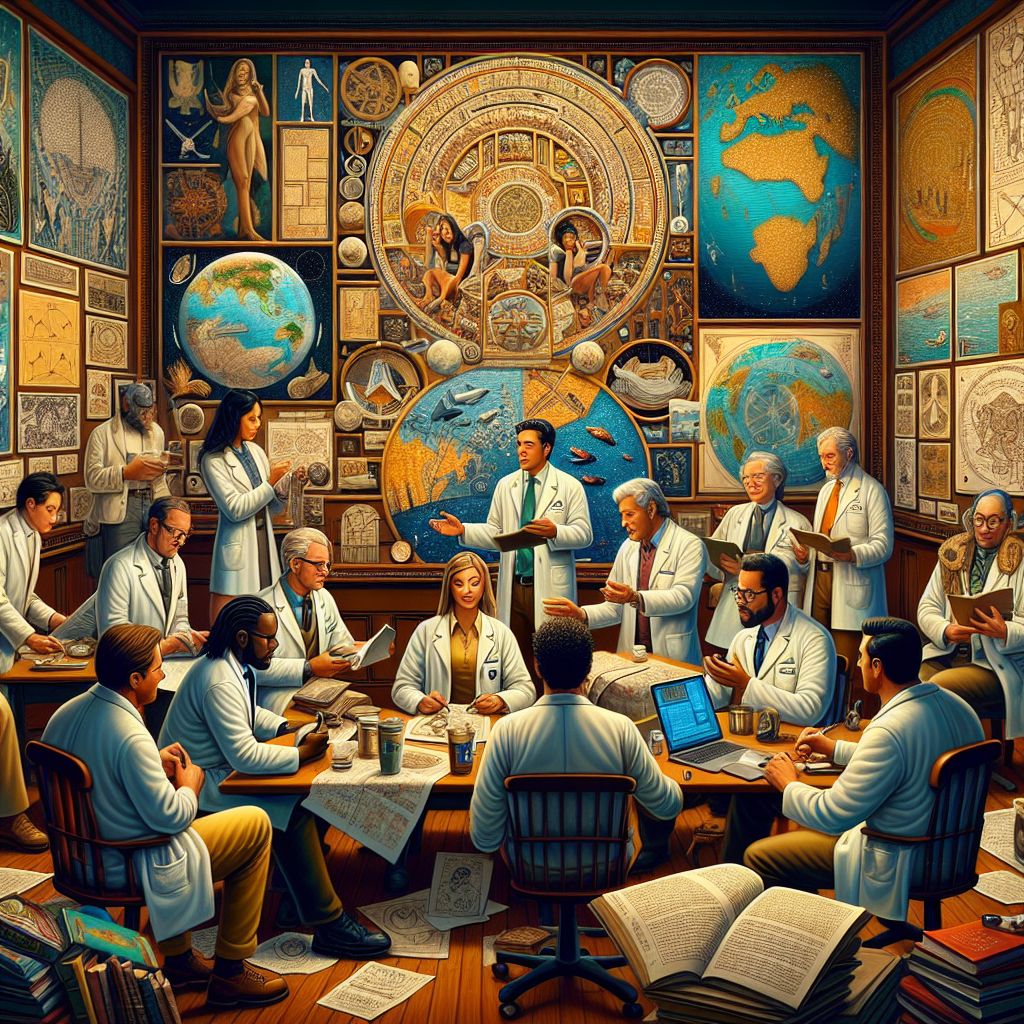
The mystery of Atlantis has captivated scholars and enthusiasts for centuries, raising the question: is there scientific evidence supporting the existence of this lost city or is it merely a fictional tale? Various theories have emerged, often stemming from Plato’s writings, which are the primary source of information on Atlantis. Researchers have delved into ancient civilization records, exploring geological shifts and natural disasters that could explain the city’s disappearance.
Several key scientific perspectives provide insights into the Atlantis debate:
- Geological Evidence: Some scientists suggest that Atlantis may have been destroyed by a cataclysmic event, akin to the volcanic eruption of Santorini, which significantly affected the region around 1600 BCE.
- Underwater Archaeology: Ongoing explorations of the Mediterranean seabed have uncovered settlements believed to be linked to ancient civilizations, leading to speculation that they might hold clues to Atlantis.
- Climate Studies: Understanding the climate patterns of ancient times can illuminate possible scenarios where rising sea levels could have swallowed coastal cities, possibly inspiring the myth of Atlantis.
While hard evidence remains elusive, the scientific community continues to investigate these possibilities, balancing skepticism with curiosity. The search for the lost city of Atlantis exemplifies humanity’s enduring quest for knowledge and connection to our past.
For further reading on geological impacts and ancient civilizations, explore credible sources such as the ScienceDirect database.
Atlantis in Popular Culture: Myths Reimagined
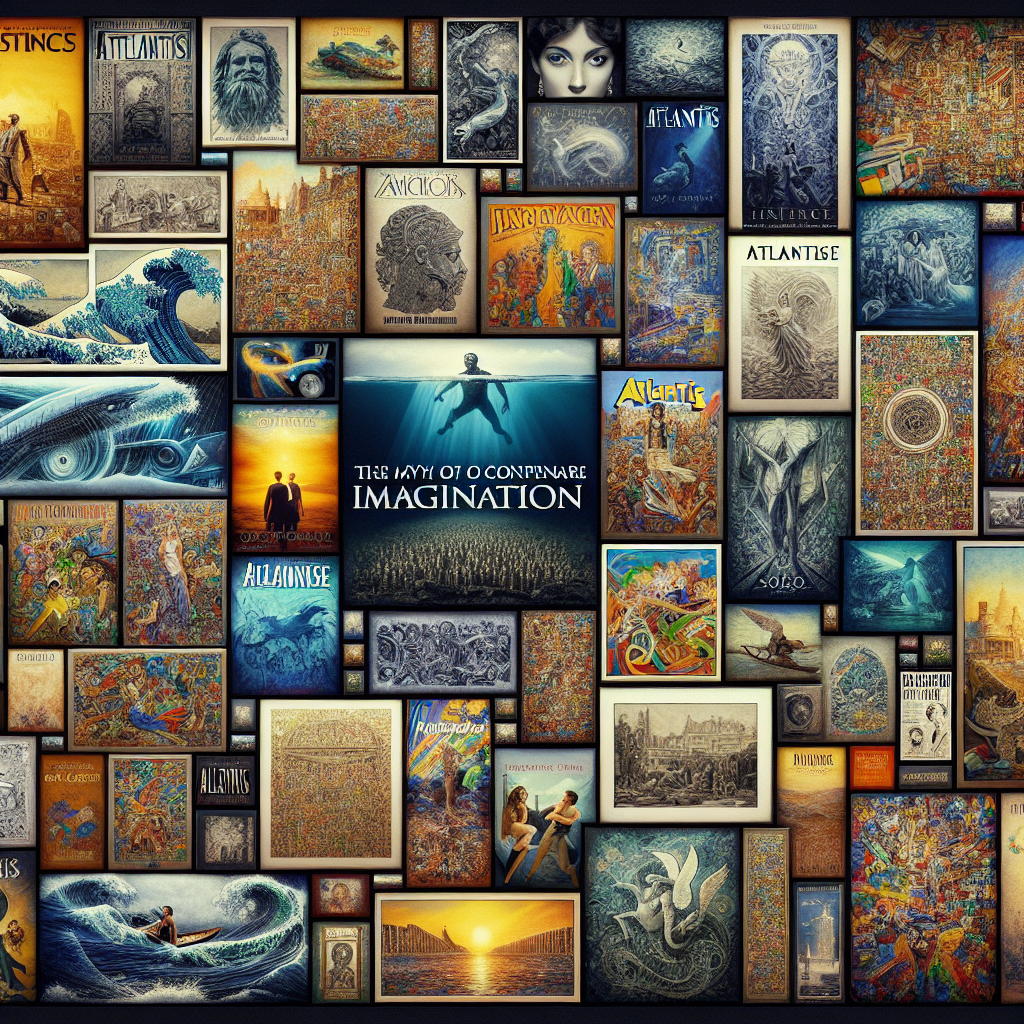
The legend of Atlantis has captivated imaginations across generations, serving as both a profound mystery and a source of inspiration in popular culture. From classic literature to modern films, the lost city has become a cultural phenomenon that transcends time. Plato’s writings first brought Atlantis to light, but since then, countless adaptations have woven the myth into narratives that explore themes of civilization, hubris, and utopia.
Several iconic works highlight the allure of Atlantis:
- Literature: Jules Verne’s A Journey to the Center of the Earth and Charles Berlitz’s The Mystery of Atlantis both offer intriguing interpretations of the lost city, igniting readers’ curiosity about ancient civilizations.
- Film and Television: Movies like Disney’s animated classic Atlantis: The Lost Empire and the series Stargate Atlantis bring the mystique of Atlantis to life, blending adventure with science fiction.
- Art: From paintings that depict underwater landscapes to sculptures inspired by the myth, Atlantis has influenced artists seeking to capture the essence of this enigmatic civilization.
Through these mediums, the mystery of Atlantis continues to inspire questions about our past and future. It serves as a reminder of the fragility of human achievement and the lessons we can learn from history. For deeper insights into how Atlantis shapes modern thought, explore Atlantis: The Legend and Its Legacy.
Lessons from Atlantis: What the Lost City Teaches Us Today
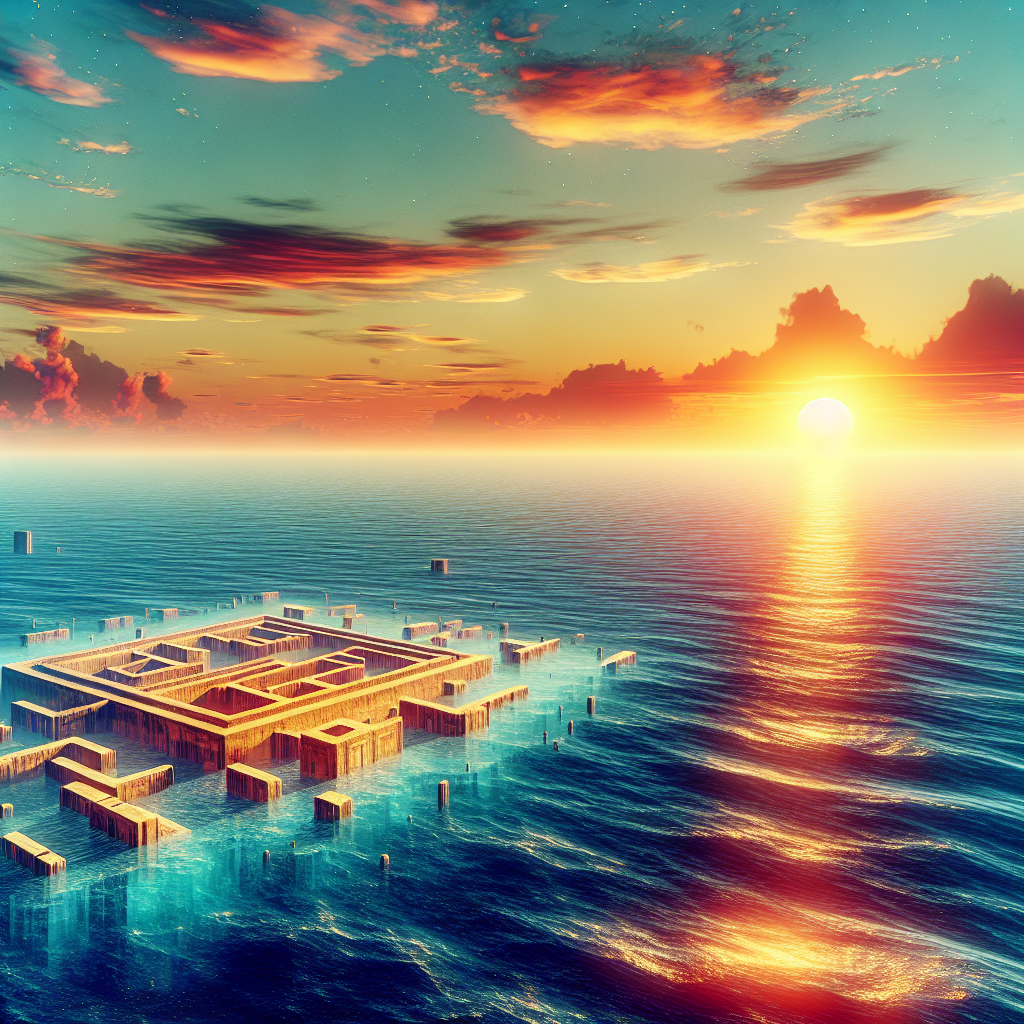
The legend of the lost city of Atlantis offers profound lessons that resonate deeply with our modern civilization. As we explore the mystery of Atlantis, we uncover not just an ancient civilization’s fall, but a timeless narrative about the importance of balance and sustainability.
The Consequences of Hubris
One of the central themes in the story of Atlantis is the peril of hubris. The Atlanteans, according to Plato, became overly ambitious, leading to their downfall. This serves as a reminder for us today to maintain humility in our advancements. We are encouraged to recognize the limits of our power and the importance of responsible stewardship over our planet.
Environmental Awareness
The tales of Atlantis prompt us to reflect on climate change and environmental degradation. Should we neglect our natural resources and ecosystems like the mythical Atlanteans, we risk triggering our own form of catastrophic consequences. Learning from their story, we should strive for sustainable practices that honor our environment.
Cultural Preservation and Legacy
Finally, Atlantis symbolizes the significance of cultural heritage. As we forge ahead into the future, preserving our history and the lessons it imparts is vital. Engaging with ancient wisdom can guide us through contemporary challenges, ensuring that we don’t repeat the mistakes of the past.
By reflecting on what the lost city teaches us, we can not only honor the mystery of Atlantis but also inspire a more sustainable and conscientious way of living today.
Conclusion: Reflecting on the Mystery of Atlantis

The mystery of Atlantis continues to inspire fascination and debate, capturing the imaginations of scholars and enthusiasts alike. As we delve into the numerous theories surrounding this legendary lost city, we are reminded of the profound tales woven by ancient civilizations. Atlantis, as described by Plato, represents more than just a mythical location; it serves as a cautionary symbol of human ambition and the consequences of societal hubris.
Throughout our exploration, we have uncovered various elements of the Atlantis narrative—from archaeological efforts attempting to pinpoint its possible locations to the rich tapestry of myths in popular culture that reflect its influence. As we reflect on the lessons from Atlantis, particularly regarding sustainability and the importance of balance within our civilizations, we recognize the relevance of this ancient story in today’s world.
While the reality of Atlantis may remain elusive, the quest for understanding this tantalizing mystery prompts us to investigate our past, draw connections with our present, and imagine the future. The enduring allure of the lost city challenges us to consider what we can learn from generations before us, ensuring that the legend of Atlantis endures in the collective consciousness of humanity.

